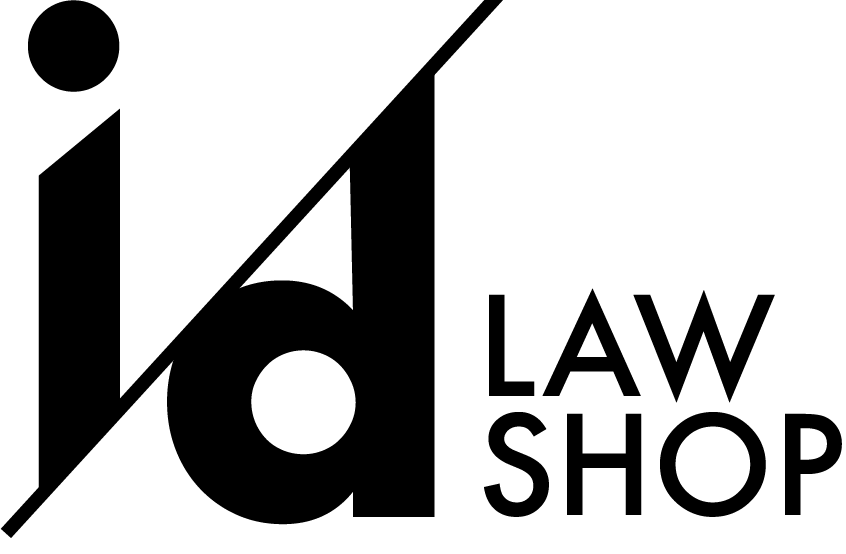Tariff-Proof Your Interior Design Contract With These Risk-Mitigating Clauses
As we anticipate the potentially compounding challenges tariffs will have on interior designers—inflating material costs, delayed timelines, and strained client relationships—it may be time to revisit your services agreement. As your first line of defense, having the right provisions in place can help you shift tariff-related risks from crisis scenarios into planned contingencies.
While your interior design contract may include general language about price fluctuations and supply chain disruptions, it was likely not drafted to anticipate the specific—and often severe—consequences of modern trade wars. For instance, your existing clauses might cover minor supplier price adjustments or routine delays, but do these clauses place your client on notice of what to expect if a 25% tariff suddenly renders key materials cost-prohibitive, or if an entire product lines become unavailable due to import restrictions, or where a project requires a complete redesign to accommodate trade-driven shortages?
Because tariffs risk projects stalling awaiting customs clearance, budgets buckling under unallocated costs, and client trust eroding as a result of mid-project surprises, it’s time to review your interior design services agreement and refresh those areas that can help manage your exposure.
Contract Revisions That May Mitigate Tariff-Related Risks:
1. Specify Tariffs Explicitly - "Miscellaneous Costs" Isn't Enough
Many contracts include generic disclaimer provisions about potential price fluctuations, typically covering vendor increases, taxes, and shipping fees. While these clauses provide some protection, they often fail to adequately address tariff impacts.
Consider this scenario: Your client's custom Italian sofa faces a sudden 20% price hike due to new trade policies. If your contract only mentions "vendor adjustments" without tariff-specific language, you could be financially responsible for either: (i) absorbing the cost difference, or (ii) spending unbillable hours sourcing alternative options.
To eliminate ambiguity, consider explicitly referencing tariffs in your procurement terms.
What to do? Revise your procurement clauses to clearly identify tariffs as an approved reason for price adjustments. This simple addition creates crucial protection for your business.
2. Update "Additional Services" Clauses to Account for Tariff-Related Work
Tariffs frequently create unanticipated project demands—whether reselecting materials, renegotiating vendor contracts, or restructuring budgets—that extend beyond original scope agreements. While some designers may choose to absorb these costs as a client service, your contract should explicitly protect your right to compensation for this additional labor.
What to do? Amend your "Additional Services" or "Out of Scope Work" provisions to specify that any labor required to:
Reselect materials due to tariff-related availability or pricing changes
Revise project budgets impacted by duty increases
Source alternative vendors or products
will be billed at your standard hourly rate or as a predefined change order.
This language maintains client goodwill and sets fair compensation for unanticipated work.
3. Protect Yourself from Timeline Blow-ups
Tariffs create ripple effects beyond just higher costs—they disrupt supply chains, causing port delays, extended lead times, and unpredictable shipping schedules. If your client’s custom fabric gets stuck in customs for months, an updated timeline clause can help manage expectations and limit liability for delays outside your control.
Your contract may already include disclaimer language that is meant to shield you from liability for delays caused by circumstances outside your control, such as shipping delays or backorders. And, although tariffs are certainly a circumstance that is outside your control, explicitly citing it makes clear to your client that delays resulting from the unanticipated imposition of tariffs will not be your responsibility.
What to do? Consider explicitly adding “tariffs” to the list of reasons that are considered “outside your control” with respect to budget delays.
4. Revise Your Force Majeure Clause.
A force majeure clause allows parties to suspend or terminate contractual obligations when performance becomes impossible due to extraordinary events beyond their control - typically including natural disasters, wars, or acts of terrorism. The COVID-19 pandemic brought heightened attention to these provisions, as enforceability often depended on whether the contract specifically enumerated "pandemics" as a covered event.
This precedent demonstrates why designers should consider expressly including tariffs in force majeure definitions. For instance, if you're contracted to furnish a boutique hotel with custom Italian millwork and sudden tariffs make the specified materials cost-prohibitive (increasing project costs by 30% or more), and therefore the entire project unfeasible, a well-drafted force majeure clause could provide necessary relief without breaching the agreement.
What to do? Review your, or add a, force majeure clause that includes the unanticipated imposition of tariffs within the definition of a force majeure event.
5. Proactively Address Tariff Impacts Through Transparent Client Conversations
The contract drafting suggestions in this article are proscriptive. So, what can you do if your project is impacted by tariffs midway through? In this scenario, open and honest communication, followed up with email confirmation, will become critical. Initiating the discussion early can help manage expectations and build trust. Additionally, consider framing the conversation around collaboration—acknowledge the challenge while presenting solutions.
For example:
“We want to keep you informed about how recent tariff changes may affect your project. Many imported materials are facing price increases, and we’re closely monitoring the situation to minimize the impact on your budget. To secure current pricing and avoid delays, we recommend locking in orders within the next [timeframe].”
Remember, while you may not be able to unilaterally change an already signed contract, you should be able to include the above changes in an amendment to the agreement for future work.
Key Takeaways: Proactive Planning Mitigates Risk
As tariffs remain an ongoing challenge, adopting a proactive approach can help you manage the risks they pose and protect your client relationships. By implementing the measures outlined above, you’ll be in a better position to take on the challenges that tariff and trade wars may bring. However, before revising your contracts on your own, consider speaking with your local counsel and they will be able to guide you on the best approach given your particular circumstances.
We’d love to hear your experiences. Have you encountered tariff-related challenges? Share your insights below—let’s turn obstacles into solutions.
If you’re in the market for a new Client Services Agreement, the ID Law Shop has recently updated its templates to include reference to tariffs as highlighted in this Article. Also, f you’re happy with your current contract but just want to make sure it’s appropriately addressing tariff-related contingencies, you can book a contract review/refresh by contacting us here.
This article is provided for general informational purposes and should not be construed as legal advice. Legal advice is specific to each situation and if you have a legal issue, you should consult a qualified attorney licensed to practice in your state. No actual or implied attorney-client relationship is created by virtue of this article or by your purchase of any products from the ID Law Shop.
#interiordesignlaw


